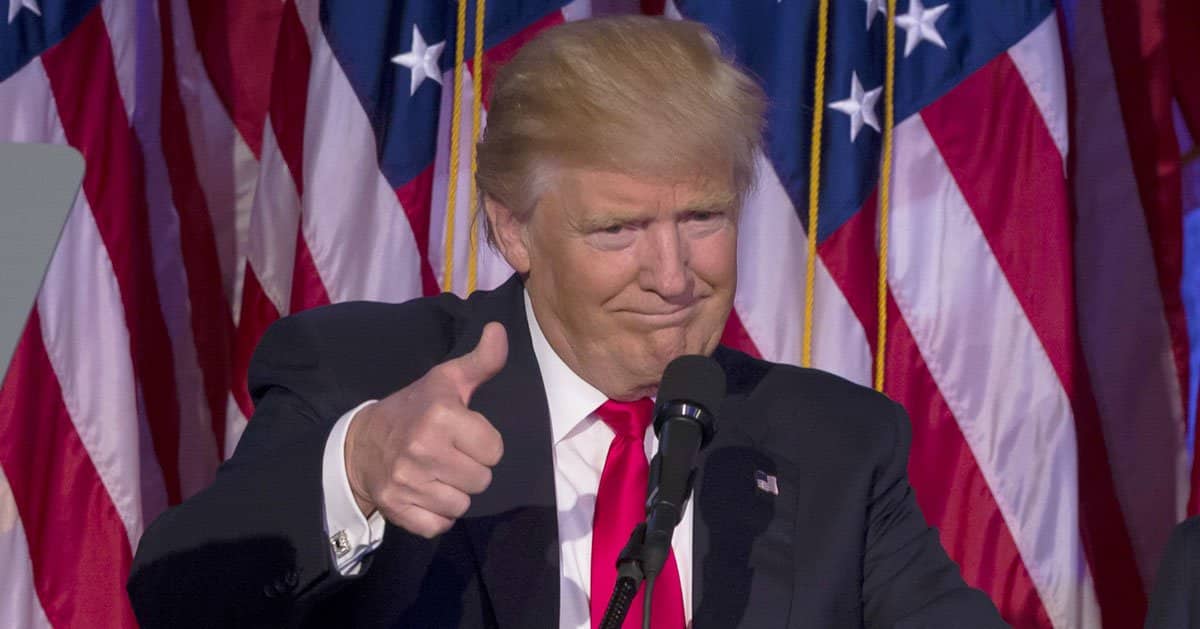








Attorney General Pam Bondi has taken legal action against the sanctuary laws of New York and Illinois, arguing that these regulations obstruct federal immigration enforcement initiatives.
The Daily Mail reported that Bondi's lawsuit aligns with the Trump administration's firm stance on immigration, showing its resolve to challenge states protecting undocumented individuals.
Attorney General Bondi has filed lawsuits against New York and Illinois, contesting their sanctuary policies and asserting they pose challenges to federal agency operations.
The primary focus of Bondi's legal move is directed at the Democratic governors of New York and Illinois.
The lawsuits criticize these states' sanctuary laws, claiming they impede the ability of U.S. Immigration and Customs Enforcement (ICE) to perform its duties effectively. In addition to targeting the states, Chicago is also included in the lawsuits.
New York Gov. Kathy Hochul was vocal in her response to the lawsuits, describing them as mere "publicity stunts." Contrary to the claims made by Bondi, Hochul stressed that their current laws allow federal officials to access the Department of Motor Vehicles (DMV) database, providing they possess a judicial warrant.
Similarly, Illinois Gov. JB Pritzker dismissed the lawsuits as baseless. He emphasized that Illinois adheres strictly to the law and conveyed confidence in his state's resilience against federal intervention. He underscored the distinct stance Illinois has regarding the sanctuary laws, hinting at a cultural dividing line between states.
In an assertive remark, Bondi countered the governors' positions, emphasizing her determination to protect American citizens. She maintained that those states choosing to prioritize the well-being of undocumented individuals over citizens will face repercussions.
Among the focal points in the New York lawsuit is the state's Green Light Law, which permits undocumented immigrants to obtain driver's licenses.
The law simultaneously restricts ICE's access to state records, adding to the federal government's argument that it conflicts with national immigration policies.
The lawsuit extends its aim beyond just the state's governor, incorporating the head of New York's DMV into the legal proceedings. Bondi contends that measures like the Green Light Law offer undue protection to the undocumented, consequently undermining federal operations.
As Bondi presses on with these lawsuits, she expresses concern over the potential risks of placing undocumented immigrants' interests above those of U.S. citizens, citing specific instances where lives have been affected by these policies.
The legal challenge unfolded in the broader context of the Trump administration's immigration policies, which sought to intensify deportations and curtail border crossings. Within this context, the federal government is considering reintroducing the Title 42 policy, especially as global health concerns persist, to speed up expulsions at the border.
Reports indicate that since President Trump took office, illegal border crossings have seen a notable decline. This trend serves to bolster the administration's argument for continued stringent immigration enforcement.
Adding another layer to the evolving immigration debate, reports of ICE leadership changes surfaced, underscoring the pressure on the agency to increase the number of immigrant arrests. These organizational shifts hint at federal dissatisfaction with prior enforcement levels.
The public and political reactions have been mixed, with some viewing the lawsuits as necessary federal intervention, while others perceive them as overreach or political maneuvering by the Trump administration. Bondi has been steadfast, maintaining her stance through public media platforms.
In a televised statement, Bondi highlighted the role these lawsuits play in the overarching mission to uphold federal immigration laws, particularly under President Trump’s leadership. Her message is clear: states that do not comply will face legal challenges.
Although the legal outcomes remain uncertain, the proceedings are set to influence the ongoing dialogue surrounding immigration policy and state sovereignty.
The lawsuits could prompt further discourse about the balance between state and federal powers in the realm of immigration law.
Bondi's aggressive legal pursuit underscores a broader movement aimed at reasserting federal dominance over immigration. With states like New York and Illinois standing firm in their defiance, the stage is set for a significant judicial examination that could redefine state-federal dynamics.



